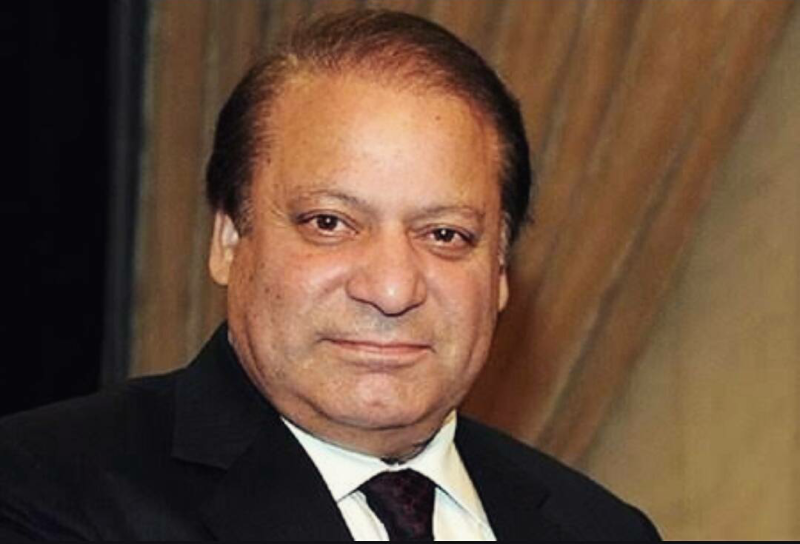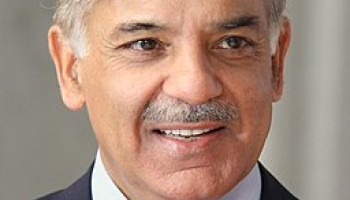The confidential vote on Saturday may have changed Sharif’s fortunes.
He has been fighting with the country’s judiciary since the top court dismissed him from his premier post last summer after the Panama Papers leaks showed his daughter and two sons owned offshore companies registered in the British Virgin Islands and used them to buy flats in London.
Sharif also failed to declare a monthly salary, equivalent to around US$ 2,700, from a company owned by his son.
He denies all allegations and keeps accusing his political opponents of fabricating cases against him in order to remove him from the election race this summer.
But as the corruption trial against him and his family is ongoing in full public view, legislators from the four provincial assemblies and the parliament house in Islamabad gave Nawaz’s Pakistan Muslim League, PML-N,enough votes to hold 33 seats in the 104-seat Senate.
“PMLN now the single largest party in Senate as well, Masha’Allah,” tweeted Sharif’s daughter and his possible heir, Maryam Nawaz Sharif. She is one of the accused in the Sharif corruption case.
This victory opens the door for the PML-N to amend the constitution to make Sharif qualify to head his party again after the Supreme Court disqualified him last month from holding this position. The party is now headed by his younger brother, Shehbaz Sharif.
Prior to his term as prime minster that started in 2013 and ended with him being ousted last year, Sharif served as prime minister in the 1990 but entered a feud with the country’s president and he was dismissed by the powerful military in 1993. The second term standoff was also ended by the military, which removed Sharif from the office in 1999 through a Coup d'état.
Tensions between governments and the military have been a constant source of instability in Pakistan, with the military staging coups and running the country for nearly half the time since independence from British colonial rule in 1947.
Pakistan is considered one of the most corrupt countries in the world, placed 116th out of 176 countries, according to the 2016 Corruption Perceptions Index put together by Transparency International.






